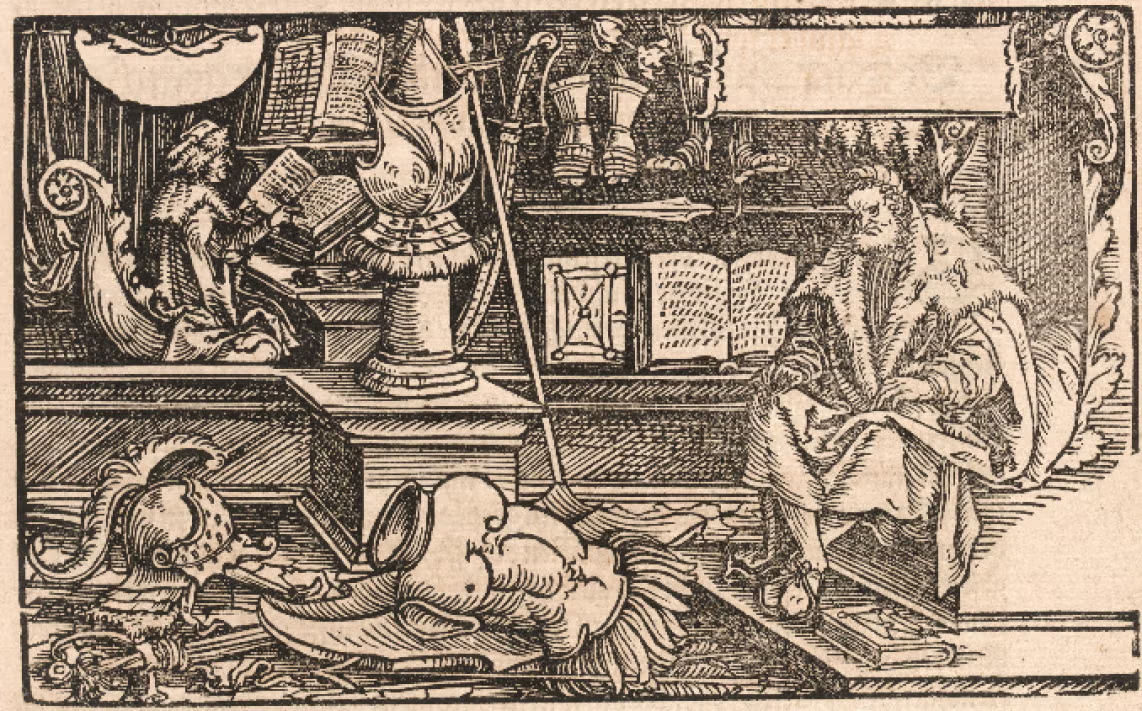- Exhibit
Petrarch at 700
An Exhibition from the Collections of Cornell University Library and the University of Pennsylvania Library
This event has already occurred

The University of Pennsylvania celebrates the seven hundredth anniversary of Francesco Petrarca's birth in 1304 with an international conference devoted to current studies of his works. In conjunction with that conference, the libraries of Cornell University and the University of Pennsylvania are jointly mounting an exhibition, Petrarch at 700. This exhibit will include some of the most important of Petrarch's works in North American libraries. Manuscripts, many of them beautifully illuminated, and printed books will display the Petrarch who was the author of Italian-language love poems that served Italian and European writers as models of love poetry for the next half-millennium. Petrarch also worked in a wide variety of other literary forms, among them invective, bucolic poetry, letters, and epic, and wrote not only in Italian but also in Latin, a language in which he became even more famous than he was in Italian. The work of censors will be displayed: not all readers approved of Petrarch's love poetry! So will the work of many artists, both those who illuminated Petrarch's manuscripts by hand and those who cut woodblocks for reproduction in printed editions of Petrarch's works. This exhibition concentrates on Petrarch's own work rather than that of his many followers. Books included date from the fifteenth through the early eighteenth centuries, and a few nineteenth-century photographs illustrate places associated with Petrarch's life.
Made possible by support from the National Italian American Foundation.
Featured Image: Petrarch writing in his study from De rebvs memorandis (Frankfurt-am-Main: Bey Christian Egenolffs seligen Erben, 1566.)
